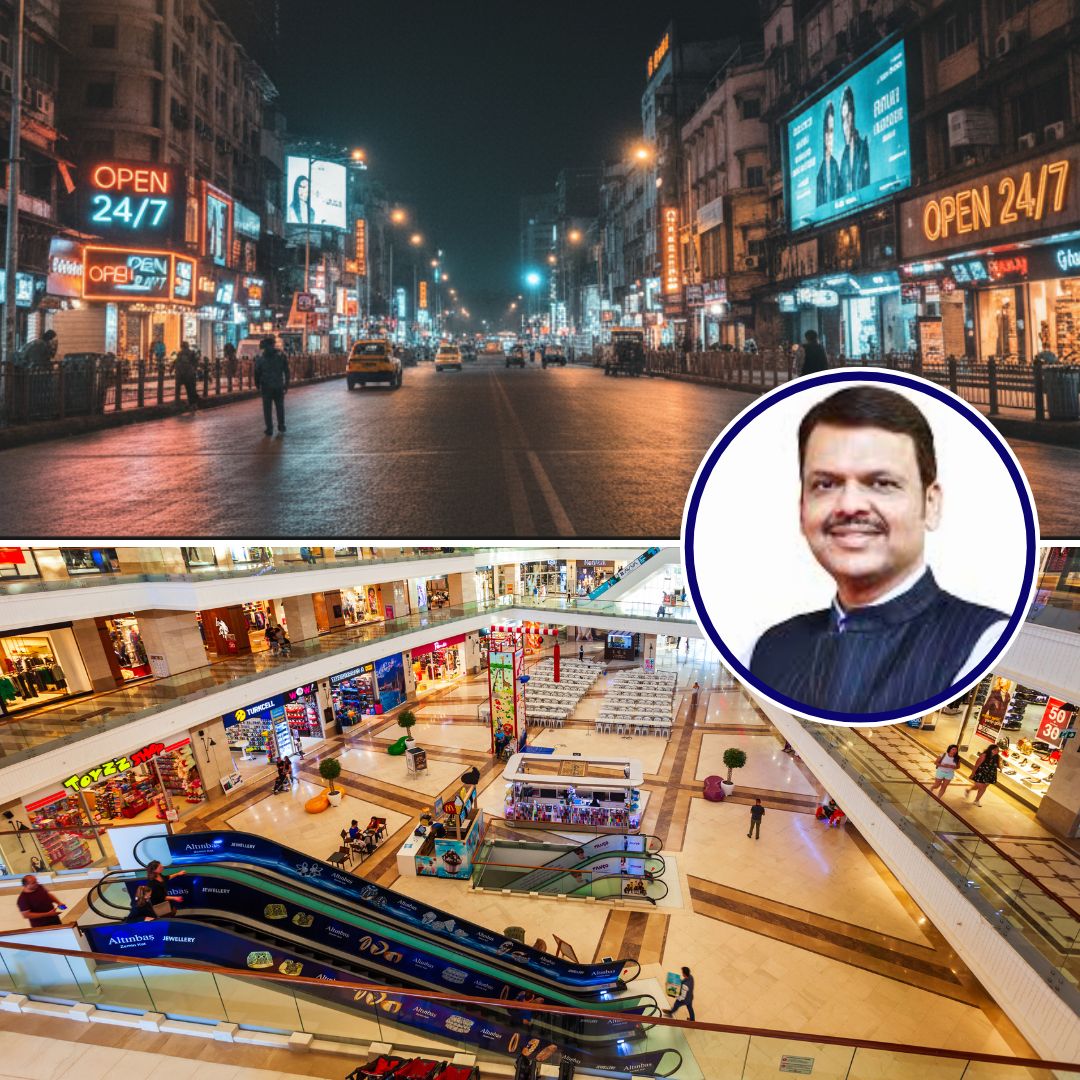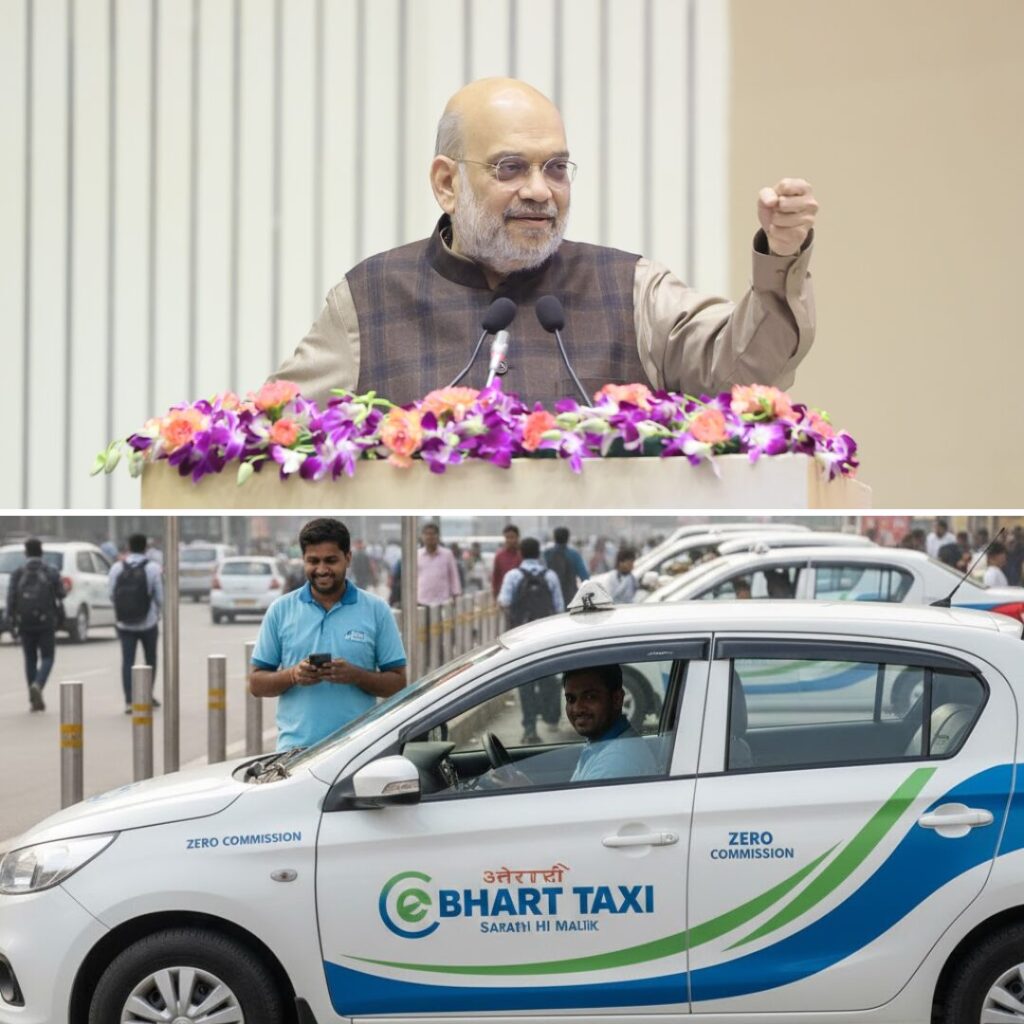The Maharashtra government has officially permitted all shops and commercial establishments, except those selling alcohol, to operate 24 hours a day, seven days a week.
This clarification, issued by the Industries, Energy, Labour and Mining Department, aims to resolve confusion and prevent local authorities and police from restricting business hours. The move follows persistent complaints from traders and business associations about arbitrary enforcement despite existing legal provisions.
Businesses Can Operate Round the Clock
Under the Maharashtra Shops and Establishments (Regulation of Employment and Conditions of Service) Act, 2017, Section 16(1)(b) allows establishments to remain open all days of the week, provided each employee receives a continuous 24-hour weekly break. The government has clarified that “subject to weekly off provisions, all establishments other than those serving or selling liquor are permitted to remain open 24×7”.
This includes shops, restaurants, malls, theatres, and cinemas, which can now function without time restrictions. The decision is expected to boost economic activity, especially in urban centres like Mumbai, Pune, and Nagpur, where demand for late-night services is high.
Liquor Outlets Still Restricted
The circular explicitly excludes liquor-serving establishments such as permit rooms, beer bars, wine shops, hookah parlours, and discotheques from the 24/7 rule. These venues must continue to operate within the time limits set by the state’s December 19, 2017 notification.
Earlier, theatres were also under time restrictions, but they were exempted in January 2020. The government has directed district administrations and police to enforce the new guidelines strictly and avoid obstructing legally compliant businesses.
The Logical Indian’s Perspective
This policy marks a progressive shift toward modern, flexible commerce while safeguarding worker rights through mandatory weekly rest.
It empowers businesses to meet evolving consumer needs and enhances public convenience, especially for women and night-shift workers who benefit from safer, accessible services. However, successful implementation depends on consistent enforcement and vigilance against exploitation.











